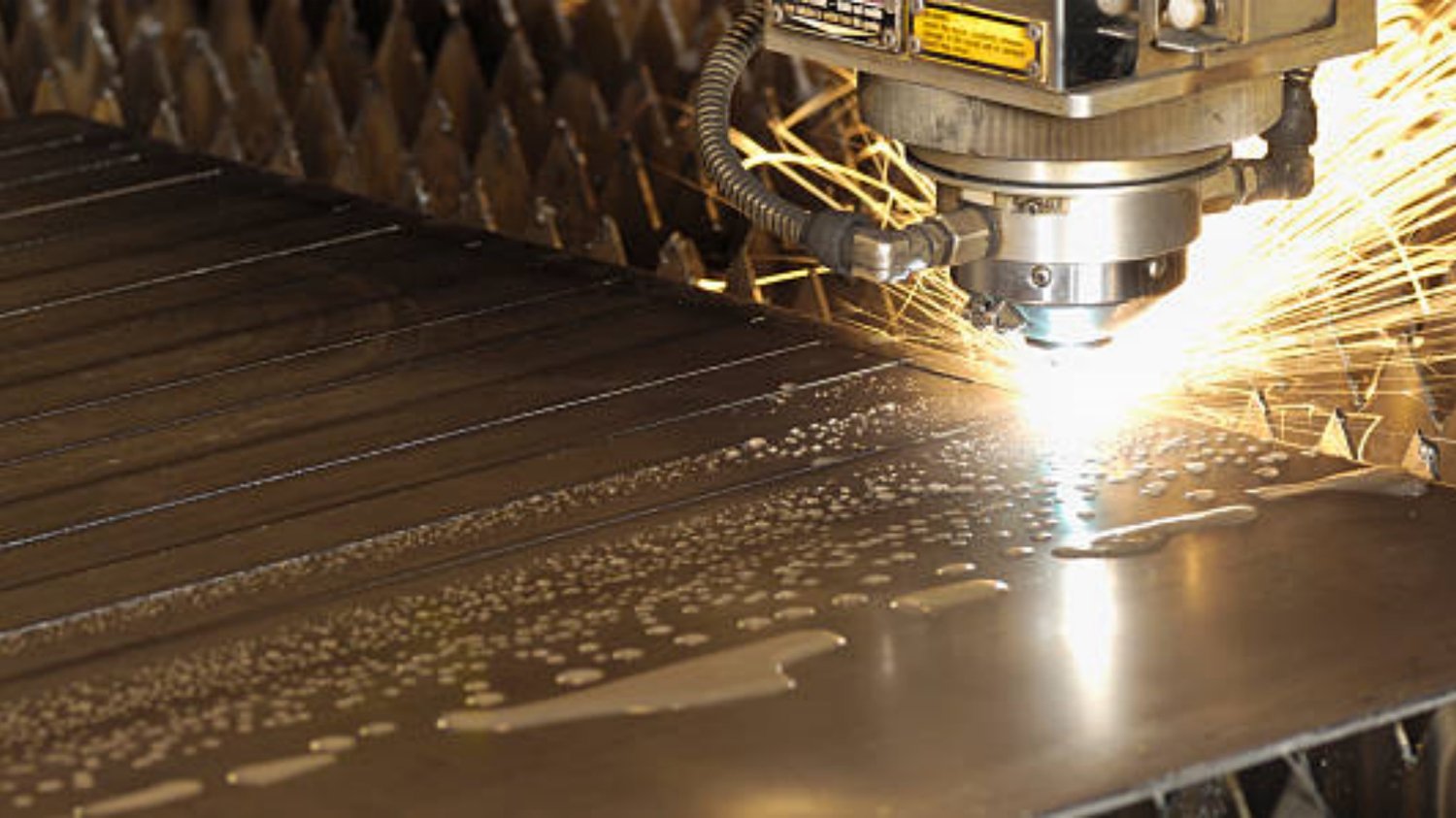Introduction
Have you ever wondered how steel products such as roofing sheets, wall panels, and garage doors are formed into specific shapes? The answer lies in a manufacturing process called steel roll forming, which has become a popular method for producing high-quality, customized products at a lower cost. In this article, we'll take a closer look at what steel roll forming is, how it works, and its key benefits and applications.
What is steel roll forming?
Steel roll forming is a metalworking process that involves shaping flat or coiled sheets of steel into precise and uniform profiles or shapes. The process is known for its ability to produce complex shapes with consistent dimensions and tolerances, making it a popular choice for manufacturing panel-based products.
How Does Steel Roll Forming Work?
The steel roll forming process involves passing flat or coiled steel sheets through a series of rollers, each of which adds a new feature or shape to the steel. These rollers are arranged in a specific sequence, with each roller gradually bending the steel into a desired shape according to the product specifications. The rollers are computer-controlled, which ensures that each product is manufactured to exacting standards.
The Benefits of Steel Roll Forming
One of the main benefits of steel roll forming is its ability to produce large volumes of high-quality products in a short amount of time. The process is highly efficient, with minimal waste and no need for secondary operations. Another advantage is its versatility, as steel roll forming can accommodate a wide range of steel thicknesses, widths, and lengths. Additionally, the finished products are resistant to corrosion, rust, and wear and tear, making them a popular choice for various applications.
The Applications of Steel Roll Forming
Steel roll forming is used in a variety of industries, including construction, automotive, appliance, and furniture manufacturing. Some common applications include roofing sheets, wall panels, floor decking, garage doors, and steel frames. The process is also used to produce custom shapes and profiles, which are often required for specialized projects or applications.
The Roll Forming Machine
The roll forming machine is a key component of the steel roll forming process. It is responsible for guiding the steel sheets through the rollers, ensuring that the proper amount of pressure is applied to form the desired shape. Roll forming machines vary in size and complexity, depending on the product specifications and volume. Most machines are automated, allowing for high-speed production and consistency.
The Roll Forming Tooling
Roll forming tooling refers to the set of rollers and dies that are used to create a specific shape or profile. The tooling is unique to each product, and must be designed and manufactured to exacting specifications. Roll forming tooling can be expensive, but it is a necessary investment to produce high-quality, consistent products.
The Types of Steel Used in Roll Forming
Steel roll forming can accommodate a wide range of steel types and alloys, including hot-rolled steel, cold-rolled steel, galvanized steel, and stainless steel. Each type of steel has its own unique properties and benefits, making it important to choose the right steel for each application.
The Advantages of Using Steel Roll Forming for Your Project
There are several advantages to using steel roll forming for your project. These include the ability to produce complex shapes with consistent tolerances, the cost-effectiveness of high-volume production, and the durability and resistance of the finished products. Steel roll forming is also a highly efficient and automated process, reducing the need for labor and secondary operations.
Conclusion
Steel roll forming is a versatile and cost-effective manufacturing process that produces high-quality, customized products for a wide range of applications. With its ability to create complex shapes and forms with consistent tolerances and efficiencies, steel roll forming is an increasingly popular choice for manufacturers. Whether you're in the construction, automotive, or furniture industry, steel roll forming may provide the solution for your project needs.

